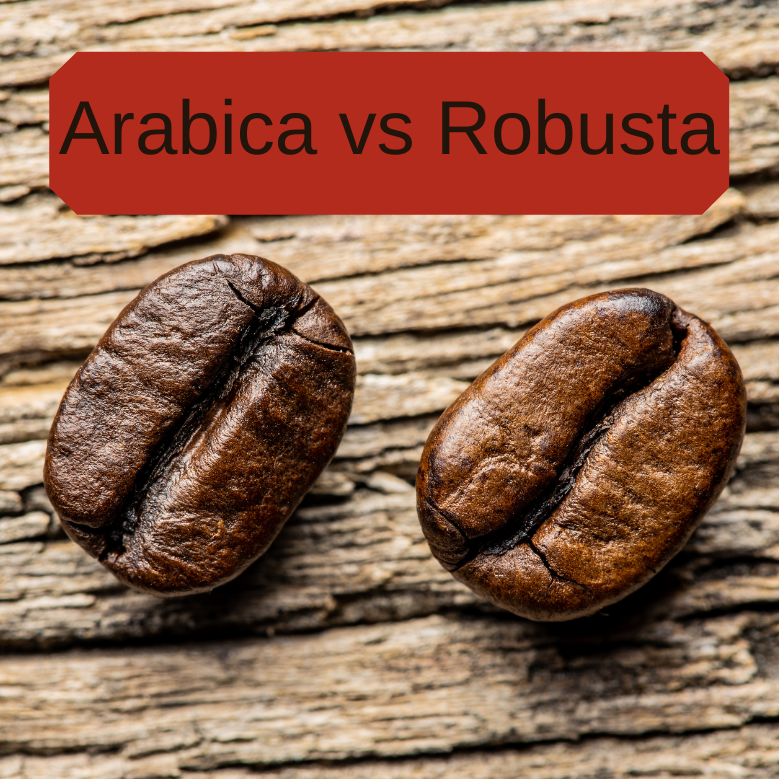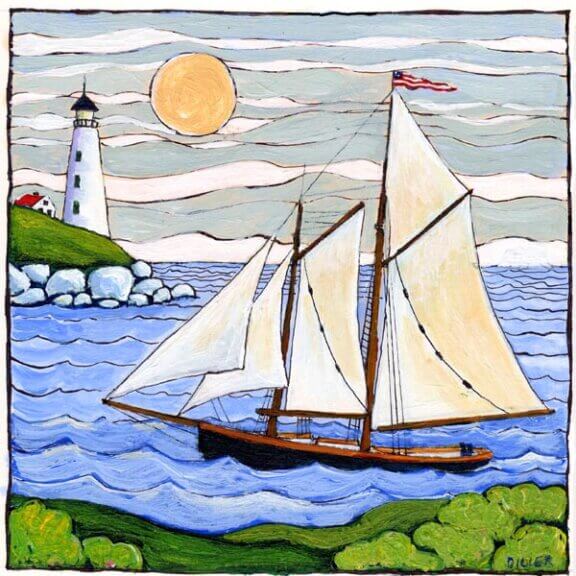
In the coffee drinker’s world, there’s a lot of talk about Arabica and Robusta. But what’s the difference? And why does it matter? Read on.
Robusta
Robusta coffee comes from the coffea canephora plant. It is far less susceptible to disease (such as ‘rust’, which has devastated coffee crops) than Arabica, and has a larger crop yield; it’s easier to grow and care for, and therefore cheaper to produce. The flavor profile of Robusta coffee tends to be described as woody, earthy, and more bitter than Arabica coffee. Most of the Robusta coffee in the world is currently grown and exported from Vietnam or India, though you can find Robusta coffee from Brazil, Indonesia, and Africa as well. Robusta coffee is generally considered to be of lower quality than Arabica coffee. Robusta has a higher caffeine content, and is therefore often used for decaffeinating (because the caffeine removed from the coffee beans can be saved and used for other purposes.) Our coffee curator tried roasting straight Robusta once about ten or fifteen years ago, his description: “YUK. Not good.”
We find that Robusta coffee, when used sparingly in certain blends, can provide a certain depth, especially when roasted dark. A little bit of Robusta coffee is traditionally added to espresso blends, as it is said to increase the crema. (Crema is the “foamy” light tan top of a well-pulled espresso shot. It is made up of bubbles and coffee oils, which rise to the top of the cup.) The crema gives espresso its distinctive aftertaste and bold flavor.
Arabica
Arabica coffee is more sensitive and difficult to grow than Robusta. It needs to grow in slightly cooler, subtropical climates. Arabica coffees are grown at higher altitudes, and require more consistent sun, shade, and water. They are susceptible to pests, and plant diseases (sadly, coffee rust has devastated entire crops of excellent quality Arabica coffee). Poor handling, or temperatures that are too cold (such as the recent frosts in Brazil), can damage the plants, which leads to a smaller crop of high quality coffee beans. The flavor profile of Arabica coffee is extremely varied, depending on where it is grown and how the beans are processed. Arabica coffees can have notes of citrus, or earthy herbal tones, or even strong, sweet fruit-forward flavors.
All of our Single Origin coffees are 100% Arabica; most of our blends are also 100% Arabica, with the exception of Mountain Espresso and Schooner Decaf, both of which benefit from a very small portion of Robusta beans. Arabica is generally considered higher quality than Robusta, but more and more specialty coffee roasters are recognizing that a good, clean Robusta has its place in the premium coffee world. There are even some select high-grade specialty Robustas which are said to be acceptable to drink by themselves, but we have not had a chance to work with those yet.
As a side note: A hybrid plant between Robusta and Arabica was discovered in the 1920s in Timor. This strain, called the Timor Hybrid, has been used experimentally in breeding rust-resistant coffee plants that still maintain some of the more delicate and subtle flavors of Arabica coffee.

